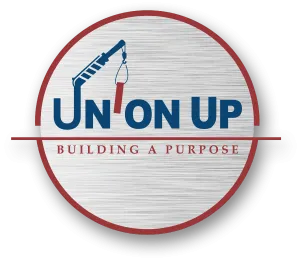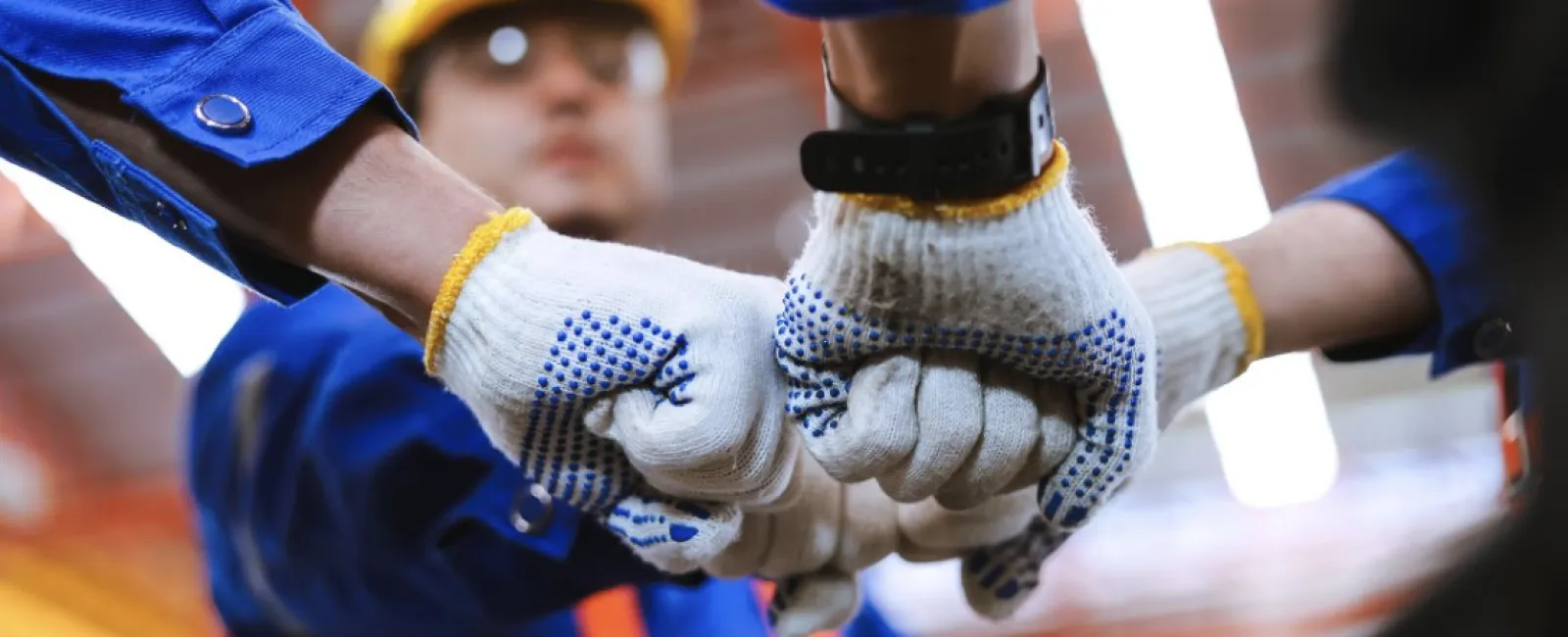
Solidarity Sunday: Rethinking the Blitz
I was recently talking with a business manager about the value of a "blitz" — a concentrated effort to mobilize additional manpower and canvass jobsites to fill open job calls. Some swear by its effectiveness. Others see it as costly and inefficient. Either way, one thing is certain: blitzing takes significant time, energy, and money. So before launching a blitz or host a job fair, it's worth stepping back and asking a bigger question: Are we truly reaching the people most likely to respond — and are we speaking to what actually motivates them to change jobs?
The Numbers Tell a Story: Most Aren't Looking to Move
Let's start with the data. The monthly average turnover across the U.S. workforce is about 3.6%. In the construction industry, that number is slightly higher (4.2% in August 2023) with voluntary departures making up 2.1% and involuntary separations 2.0%. That's not a massive churn rate.
It becomes even more telling when you dig a little deeper...
Company size matters: Large contractors (over $500M in revenue) have the highest turnover at 17.5%, but that figure drops sharply for smaller firms all the way down to 4.5% for contractors under $5M. The bigger the company, the more movement, but still a majority of employees stay put.
Age matters even more: Workers under age 24 turn over at a staggering rate of 64%, according to the Construction Financial Management Association (CFMA). But most of the experienced, skilled tradespeople we're trying to reach are well beyond that age range.
So when we talk about mobilizing a blitz to reach potential job candidates, we need to recognize a key fact: even conservatively, 95-96% of the people we're targeting are not actively looking to leave their jobs. That doesn't mean we shouldn't reach out — but it does mean we may want to be smarter about how we do it, and allocate resources to using tools dedicated telling our story before they ever need us, in places where naturally spend lots of time.
So What Should We Say?
If we're going to go through the effort of knocking on doors and engaging tradespeople, we need to understand why someone would consider making a move in the first place. And here's where common assumptions often fall short.
Ask most people what motivates a construction worker to change contractors, and they'll likely say, "Money." But the data tells a more nuanced story.
According to research published in ProBuilder, pay is not the top reason construction workers stay or leave:
- 53% stay in their jobs because of opportunities to develop their skills and careers.
- 31% say they're thinking about leaving because of a lack of those opportunities.
The Deeper Drivers of Motivation
This tracks closely with what best-selling author and social scientist Daniel Pink describes in his book Drive: The Surprising Truth About What Motivates Us. Pink explains that while money is an important baseline motivator, it's not the strongest driver when it comes to career-focused, skilled work. Instead, three intrinsic motivators matter most:
- Autonomy - the freedom to do meaningful work in a way that reflects personal initiative and choice.
In our union model, a Journeyman ticket offers real autonomy: the power to choose projects, markets, and employers with dignity and mobility that non-union workers often lack.
- Mastery - the desire to improve, learn, and feel capable.
Our JATC training program and the Journeyman/Apprentice dynamic on the job offers structured, high-quality growth that few outside the union can match. It's not just about earning — it's about learning.
- Purpose - the sense that your work matters, that you're part of something bigger.
A well-functioning union environment where brothers and sisters look out for each other offers a deeply meaningful purpose. And a well-meaning job steward can help give that member a sense of someone having their back on the job, and keep that purpose alive. It's about solidarity, dignity, and legacy.
Are We Speaking to These Motivators?
If our blitz efforts focus solely on job calls and dollar signs, we may miss the larger opportunity. People rarely leave jobs simply because a better-paying one is available. They leave when they no longer feel like they're growing, valued, or making a difference. In other words, they leave when the pain of staying the same is greater than the pain of changing.
So the next time we consider deploying a blitz, are we asking people if they want a job — or are we showing them how the union can meet their deeper needs for autonomy, mastery, and purpose?
That's not only how we fill job calls, it's how we build a stronger, more committed Local Union workforce... one that not onlt joins us, but stays for the long term.

